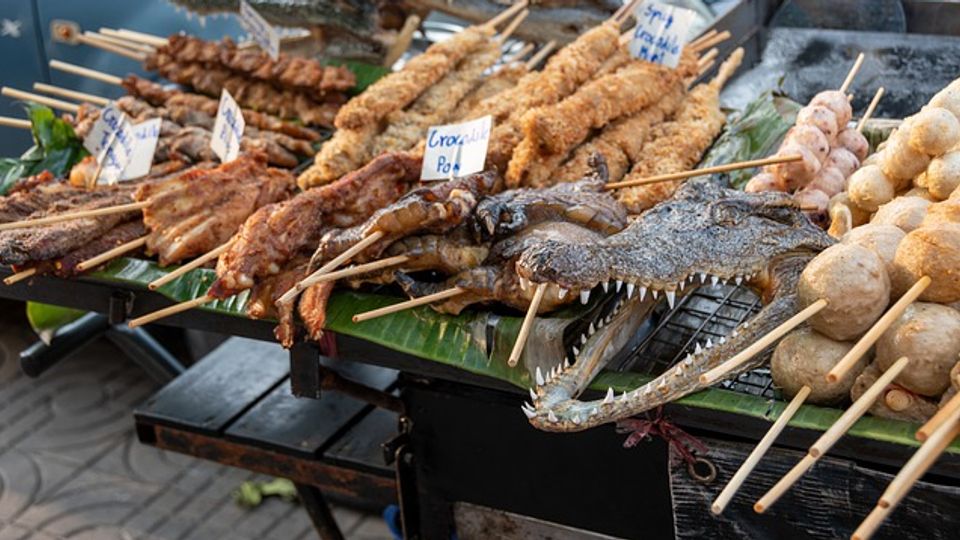South African government is finalising a new law aimed at making it easy and legal to export bush meat to various markets across the globe.
According to details, South Africa published a strategy document designed to tap the potential of the country’s vast wildlife industry to export more zebra, crocodile and other meat, as well as boost local consumption of the animals.
Until now little game meat has been sold formally, with just 3,000 tons of Zebra, crocodile and ostrich meat sent to the United Arab Emirates, China and European Union in 2019, the Department of Forestry, Fisheries and the Environment said in a statement on Friday.
“The South African game meat industry is well placed to service this growing market domestically, regionally and internationally,” the department said in the document.
The strategy, if implemented correctly, could create 202,000 jobs by 2030, the department said as it laid out a plan to promote consumption of the meat, most of which is produced on farms where 16 million wild animals live.
In 2016, almost 180,000 of those were culled and could have been sold for consumption, the department said.
Elements of the strategy, which has been approved by the cabinet, include almost doubling the amount of game meat production to more than 100,000 tons annually by 2030 and ensuring that 85% is fit for human consumption, up from 10% currently.
Bush meat a Health Risk- Study
Anne-Lise Chaber, author of a study commissioned by Belgium’s public health service, FPS Health, and an epidemiologist with the University of Adelaide, Australia said, “from a public health perspective, the movement of animal products and close interactions between humans and wildlife also enables the spread of zoonoses and emergence of novel infectious diseases,”
Chaber and her team say that export of such wild meat should not contravene requirements under CITES and the international wildlife trade convention.
In a separate study, also published in One Health Journal, Georgia Moloney and other researchers point to seizures of African wild meat in Europe and the United States as evidence of the globalization of the trade, driving unsustainable hunting of often threatened species.
Vincent Nijman, head of the Oxford Wildlife Trade Research Group at Oxford Brookes University, noted, “I think that the importation of any, often unprocessed or little processed, meat is of concern,” he added. “The parasites don’t know if they are legal meat or illegal meat.”
Trafficking Bush meat
Up to 4 metric tons of wild meat is illegally entering Europe through Brussels’ international airport alone every month, a new study says.
The source for much of this meat is West and Central Africa, with some of the seized meat found to be from threatened or protected species such as tree pangolins and dwarf crocodiles.
Researchers also found an estimated 5 metric tons of bushmeat entering via Charles de Gaulle airport in Paris weekly.



















